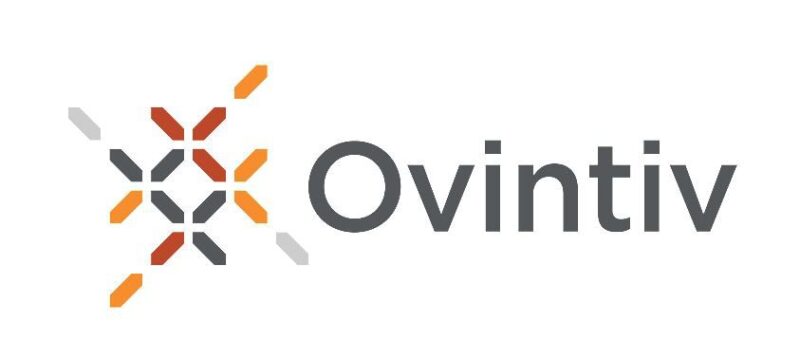Denver-based Ovintiv announced this week an agreement to sell its Eagle Ford Shale properties to Validus Energy in a deal valued at $880 million.
Ovintiv said the proceeds from the south Texas development will help accomplish its goal to divest at least $1 billion in assets, a move designed to bring its total debt below $5 billion by year-end. Combined with a February deal to divest assets in Alberta’s Duvernay Shale for $263 million, Ovintiv has raised at least $1.1 billion.
Ovintiv said the Eagle Ford asset is on track to reach a 2021 average production rate of 21,000 BOED, including 14,000 B/D of crude and condensates. With the divestures accounted for, Ovintiv estimates its full-year production will be around 190,000 B/D of oil and condensates.
Pending approval, the deal is expected to close in the second quarter. Validus is led by CEO Skye Callantine who also was the founder and chief at Felix Energy, a privately held shale producer acquired in 2020 by WPX Energy.
The sale comes after Ovintiv and a number of its peers have faced increasing pressure from lenders and investors over the past year to reduce debt and scale back capital spending. It also underscores the depressed state of many noncore assets; in 2014 Ovintiv, then called Encana, purchased the Eagle Ford acreage for $3.1 billion from Freeport-McMoRan.
However, the price of this latest deal was higher than all other Eagle Ford deals put together in 2020 and suggests a positive price outlook for undrilled locations, an analyst with Enverus told Reuters.
Ovintiv’s focus going forward will be on its developments in the Permian Basin and Anadarko Basin in the US and the Montney Shale in Canada. “Our 2021 outlook is strong and we expect to generate significant free cash flow for the fourth consecutive year,” Doug Suttles, CEO of Ovintiv, said in the announcement.
In the company’s year-end earnings, it reported a free cash flow of $285 million, a figure that excludes $90 million in reduced spending that came as a result of layoffs.
This year, Ovintiv plans to spend around $1.5 billion and boost free cash flow to at least $1 billion.
Both its baseline revenue and debt projections rely on average annual US crude prices of at least $50/bbl and $2.75/MMBtu. If US oil prices maintain at around $60/bbl, the operator expects to trim its debt to $4.7 billion by year end.
Ovintiv touted new efficiencies in its latest operational report, including simul-frac completions, slimhole wellbores, and wet-sand completions. As a result, the firm saw improved cycle times in the field: an 8% increase in drilling speed and 25% improvement in pumping hours per day a year-over-year.
Ovintiv also highlighted its efforts to reduce methane intensity of its developments, bringing the total volume of gas released vs. total production to 0.5% in 2020. By 2025, the company is seeking to reduce methane intensity by 33% from its 2019 baseline and said the goal is tied to compensation companywide.


